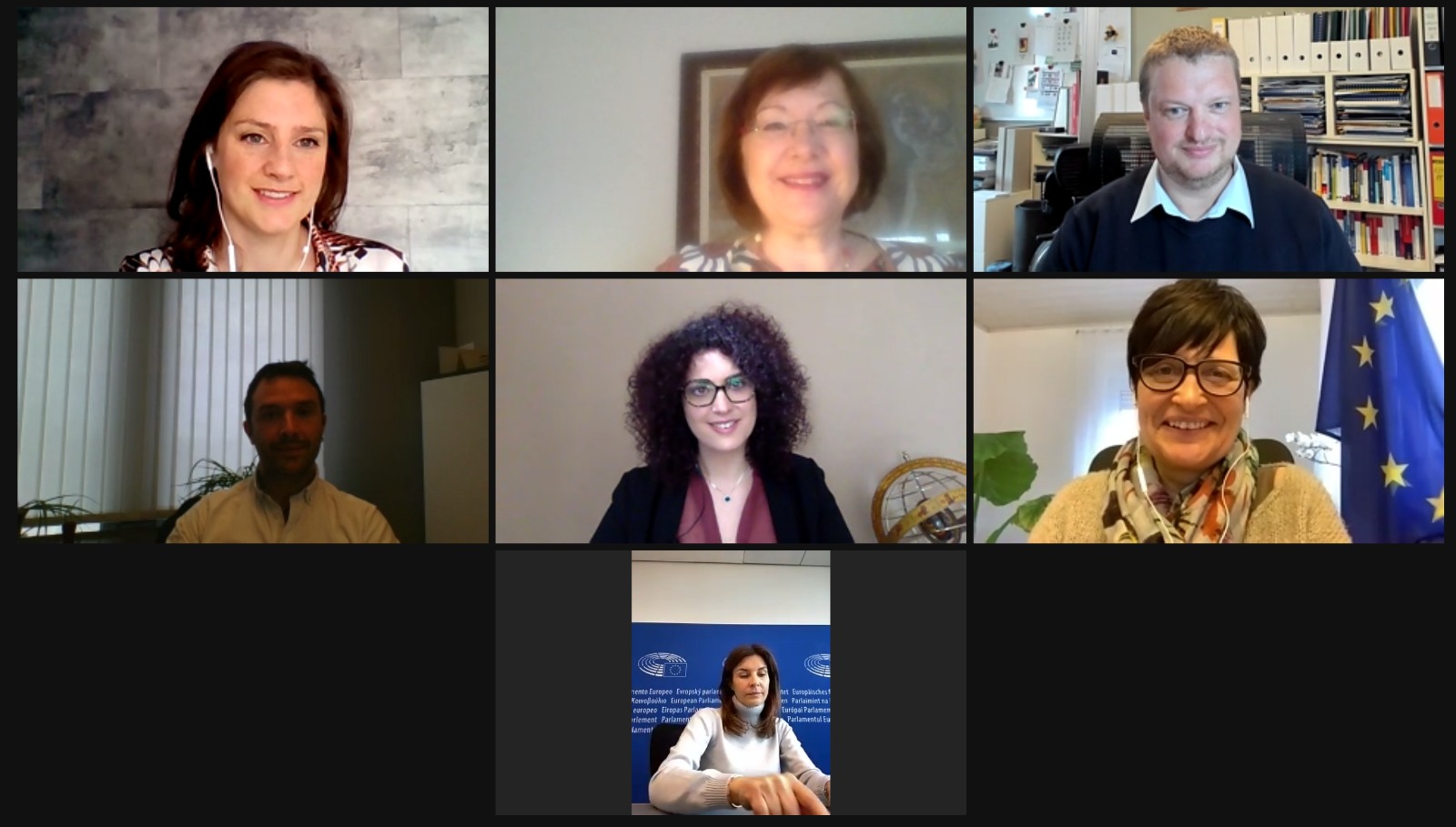Towards a Sustainable Prevention of Obesity Through Integrated Strategies

Good nutrition, physical activity, and healthy body weight are essential parts of a person’s overall health and well-being. Together, these can help decrease a person’s risk of developing serious health conditions, such as high blood pressure, high cholesterol, diabetes, cancer and obesity. A healthful diet, regular physical activity, and achieving and maintaining a healthy weight are also paramount to managing health conditions so they do not worsen over time. This event aims to get first-hand insights from European policymakers on the concrete actions that the European institutions will propose to tackle the rise of obesity rates in the EU.
Moderated by Dr. Horst Heitz, Chair European Steering Board of SME Connect, the Virtual Meeting saw such high-level speakers such as Christine Schneider MEP, ENVI & AGRI Committees, Chair of SME Connect Working Group Health & Nutrition, “Healthy Lifestyle at Work & Home” Initiative Supporter; Ioanna Bakogiani, project Officer with Joint Research Center, European Commission; Francisco Guerreiro MEP, Vice-Chair AGRI Committee; Prof. Maria Hassapidou, Co-Chair Nutrition Working Group, European Association for the Study of Obesity (EASO); Alessandra Moretti MEP, ENVI & BECA Committees; Florencia Braga, Manager Scientific Affairs EMEA, Herbalife Nutrition.
Starting off the discussion, Christine Schneider MEP makes a remark that good nutrition, physical activity and a healthy body weight are an essential part of a person’s overall health and well-being (especially preventing dangerous health conditions). This also contributes go the importance of the health and productiveness of SME employees. She brings attention to two main factors: bad eating habits and lack of physical activity because they are closely interconnected with the term obesity. When people consume high amounts of calories and don’t burn them with physical activity, they gain fat. Christine believes that there are many possibilities to fight overweight and obesity, and that politicians play a crucial role in this area as well.
The data that Ioanna Bakogianni presents clearly indicates the scale of this problem and how serious it is across the entire world. She also introduces some of the Europoean Commission’s initiatives in order to contribute to fight obesity. For example, making efforts in order to create the most harmonized and effective the front-of-pack nutrition labelling scheme, publishing a marketing toolkit for the food and alcoholic beverages marketing for younger people, creating a health promotion knowledge gateway, launching a Best Practices project. Such intiatives would allow the consumers to easier make healthier food choices and provide practical information and guidance in the area of healthy nutrition Both for experts, non-experts and policy makers.
Prof. Maria Hassapidou on the behalf of the European Association on the Study of Obesity says that policies are a big part of the solution (not just personal decision) and that they are a factor that is especially important to focus on. The main goals have to be national public nutrition education, new and effective dietary guidelines, transparent nutrition labelling both for packaging and restaurant menu, regulation of food marketing. It’s also significant to make healthy foods accessible, attractive and sustainable in various settings: work, school, workplace and community.
Alessandra Moretti draws attention specifically to childhood obesity as children are the most vulnerable and the most severely affected group, which she proves with evidence.
It’s very important for healthy diets and physical activity to be promoted in the educational environment in cooperation with parents too. It’s important that the new system should not influence the customers but inform them instead so they have an educated choice.
Francisco Guerrero sets focus on the way that food is being produced, sold and marketed, since this is the beginning point of the food/product cycle and it’s easier to manipulate because of the scientific approach that is used at this stage. For example, he describes how banning, restricting or taxing certain unhealthy products or their advertisement can lead to healthier food choices by the customers. According to Francisco, it’s equally important to have awareness campaigns, bringing to public attention the legislative inconsistencies and policy recommendations and reaching out to policy-makers that are interested in the issue.
Florencia Braga raises the ‘double burden’ of malnutrition which also is closely connected with obesity and it directly affects the way that a person acts, feels and performs at work. The lack of micronutrients contributes to the problem because they enhance the risk of some obesity associated comorbidities like for instance the case with Vitamin D and Diabetes. To fight the problems of obesity and malnutrition it’s crucial to ensure a multi stakeholder approach, since there is such an amount of closely interconnected factors.